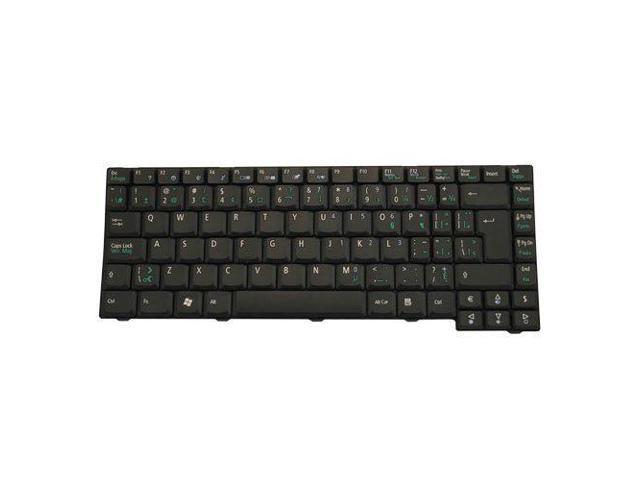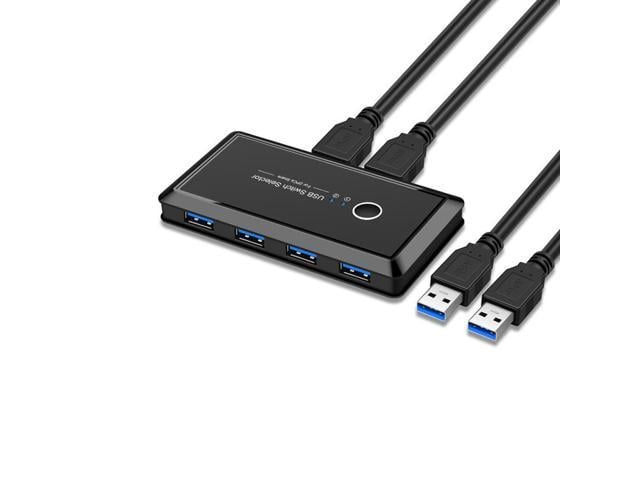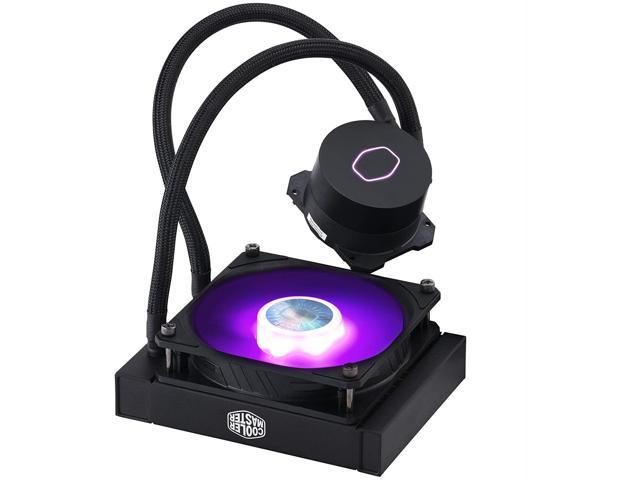Electronic music instruments weren’’t called synthesizers until the 1950s, but their lineage began in 1919 with Russian inventor Lev Sergeyevich Termen’’s development of the Etherphone, what we now know of as the Theremin. The past century has seen remarkable developments in synthesizers,documented in the first chapter of this book by a historical look at the most important instruments and how they advanced methods of a musician’’s control, of sound generation, of improved capabilities for live performance, of interfaces that improved the musician’’s interaction with the instrument,and of groundbreaking ways to compose music.Chapter two covers the basics of acoustics and synthesis, including descriptions of individual synthesizer components and how they affect the generation of sound and the production of music. Today’’s synthesizer industry covers a vast range of devices, from affordable to expensive workstations, fromanalog to digital to hybrid forms of sound generation, from the expanding universe of software instruments to the vigorously revived world of modular synthesizers, from state-of-the-art all-digital instruments to those that function directly with analog machines of the past, and from synthesizersand controllers sporting traditional interfaces such as the organ- or piano-style keyboard to those that appeal to musicians in search of novel approaches to making music.Chapter three addresses many of the valuable considerations to make when shopping for synthesizers. The final two chapters outline strategies noted and successful synthesists use to program, compose and perform with, and record the ultimate electronic music instrument.















